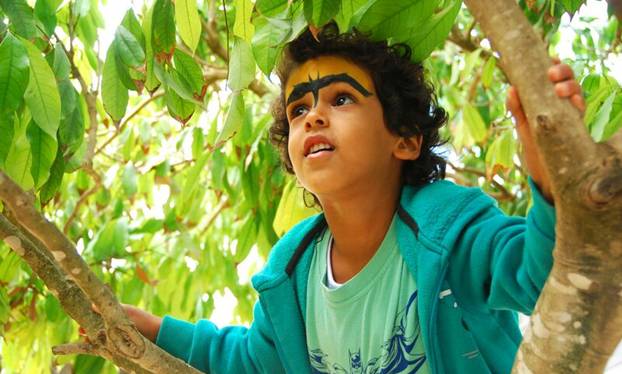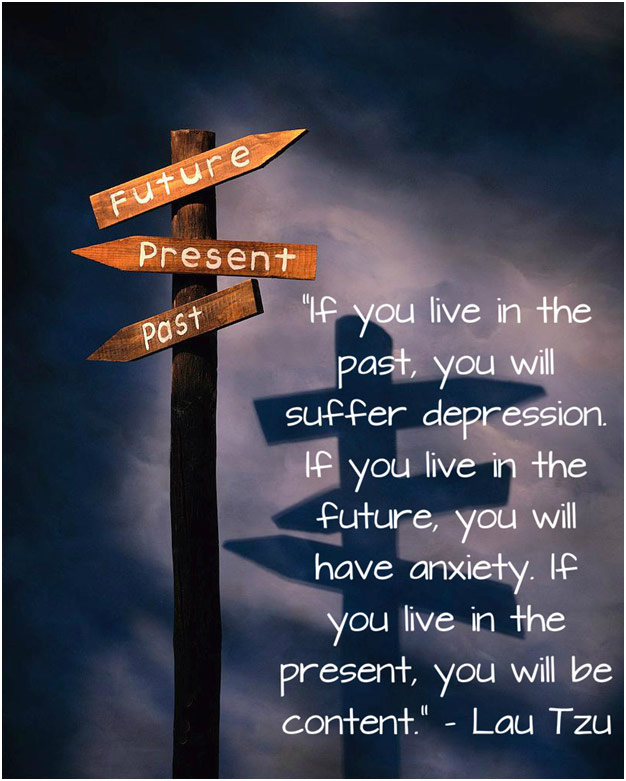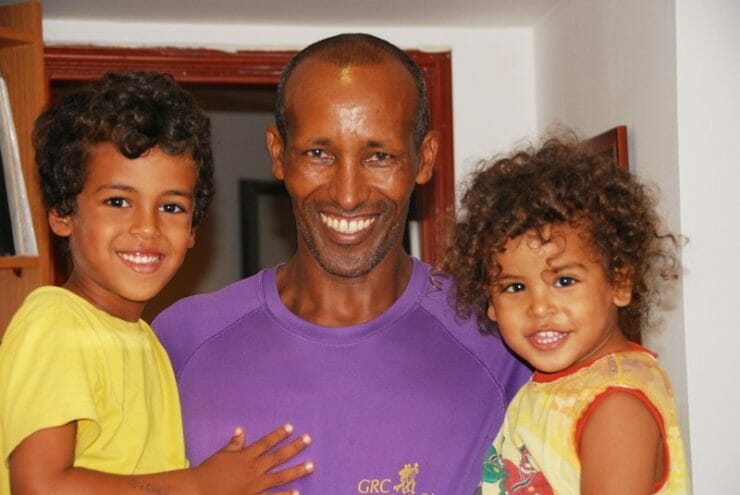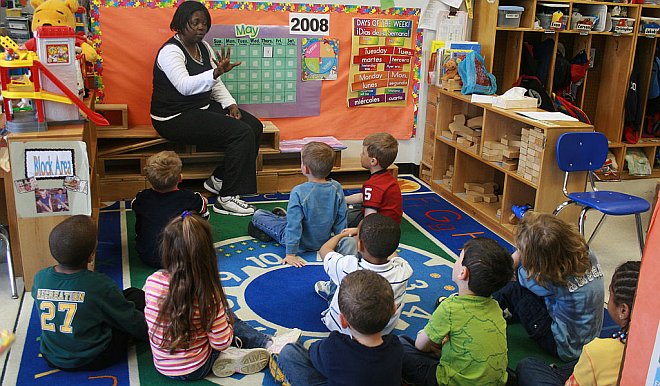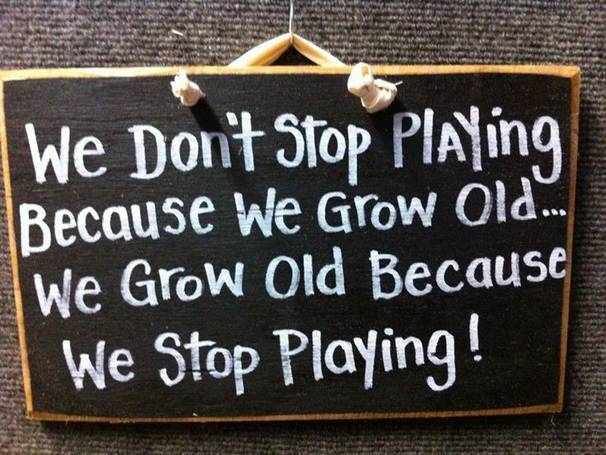
Last week, I worked with a 7-year-old kid and when I asked him what mom or dad can do to make him happy, he said, “Be fun”. When I asked him if he liked his teacher, he said with a big smile, “Yes. She’s fun!”
I have heard this phrase from children many times. For them, fun is a currency. This is how they measure their relationships with their parents or with other people. First, you need to be fun. Then, you fit on a scale from “a little fun” to “great fun”.
The opposite of fun is old
I have written about the fun incentive as a motivation tool. It is also a trust tool, because it is a fantastic way to build rapport with your children. From working with many kids and raising my own children, I know that if you are not fun, you are old! Every time they say it, I feel I deserve it.
So as a parent, you need to get into your kids’ “fun club”. If you are in, they consider you as a partner for life and you can instill many thoughts, beliefs and ideas in their mind, as the best role model. If you are not at all in the club, you stand no chance.

